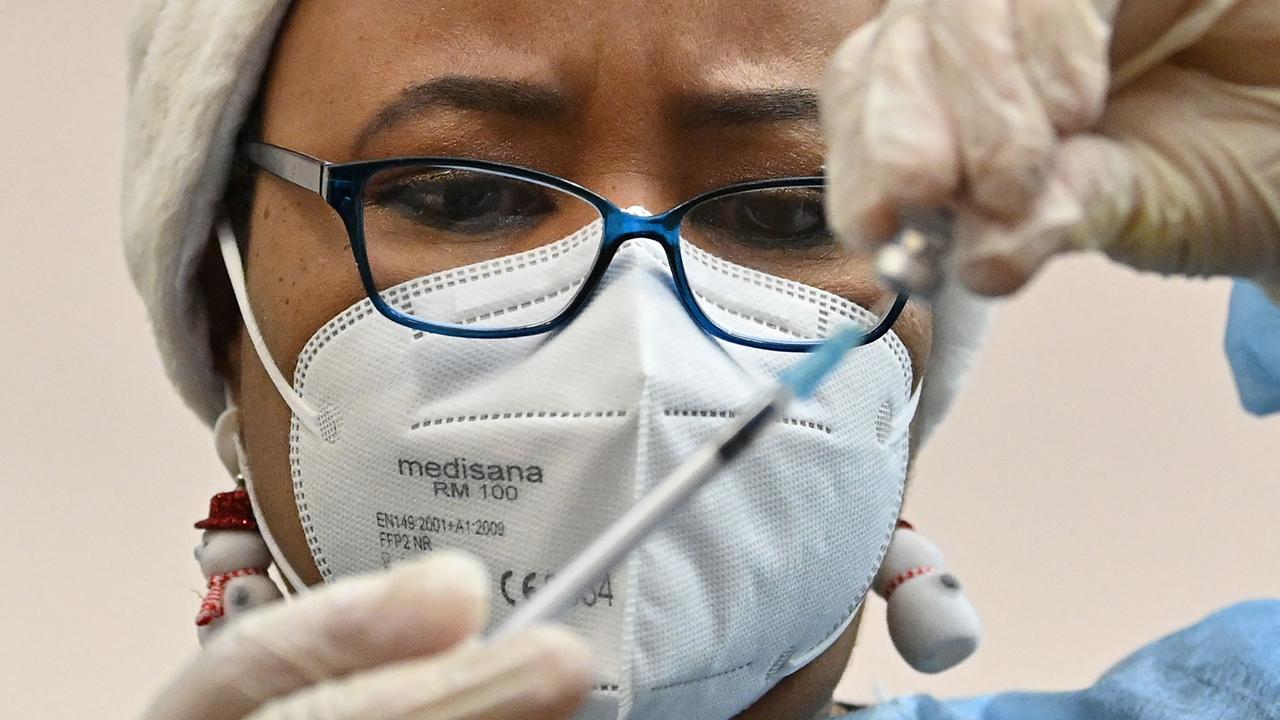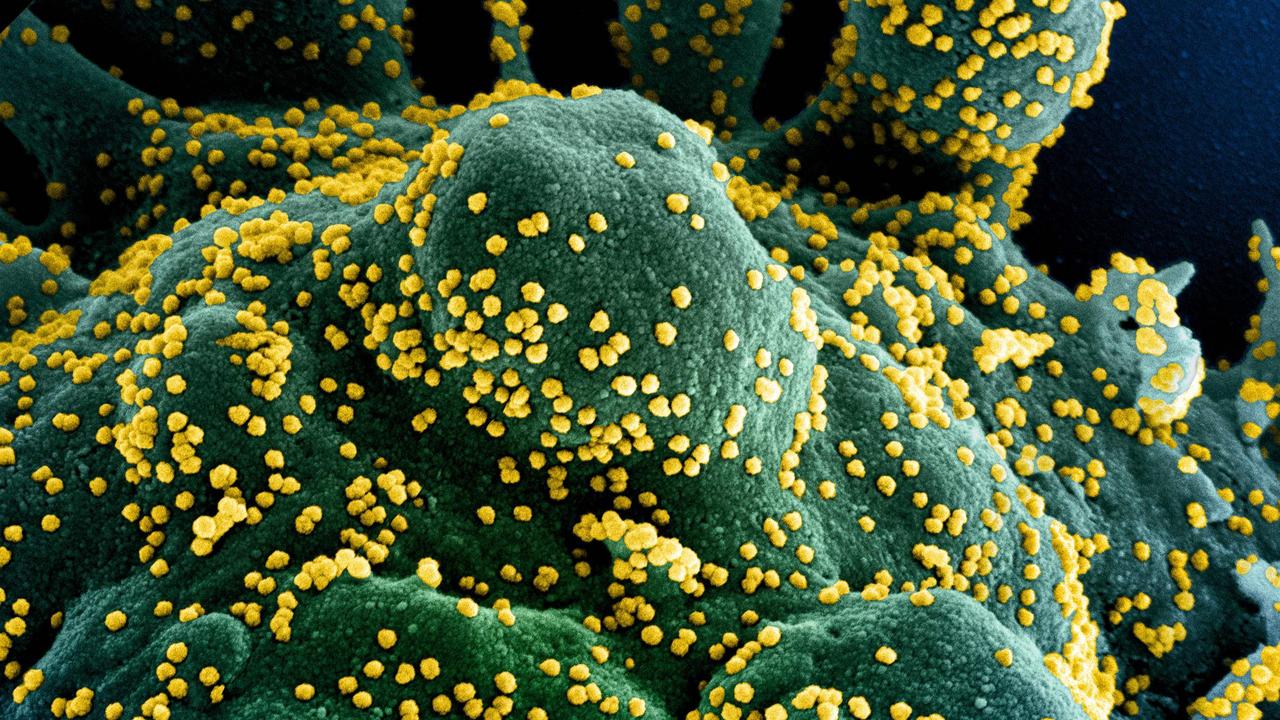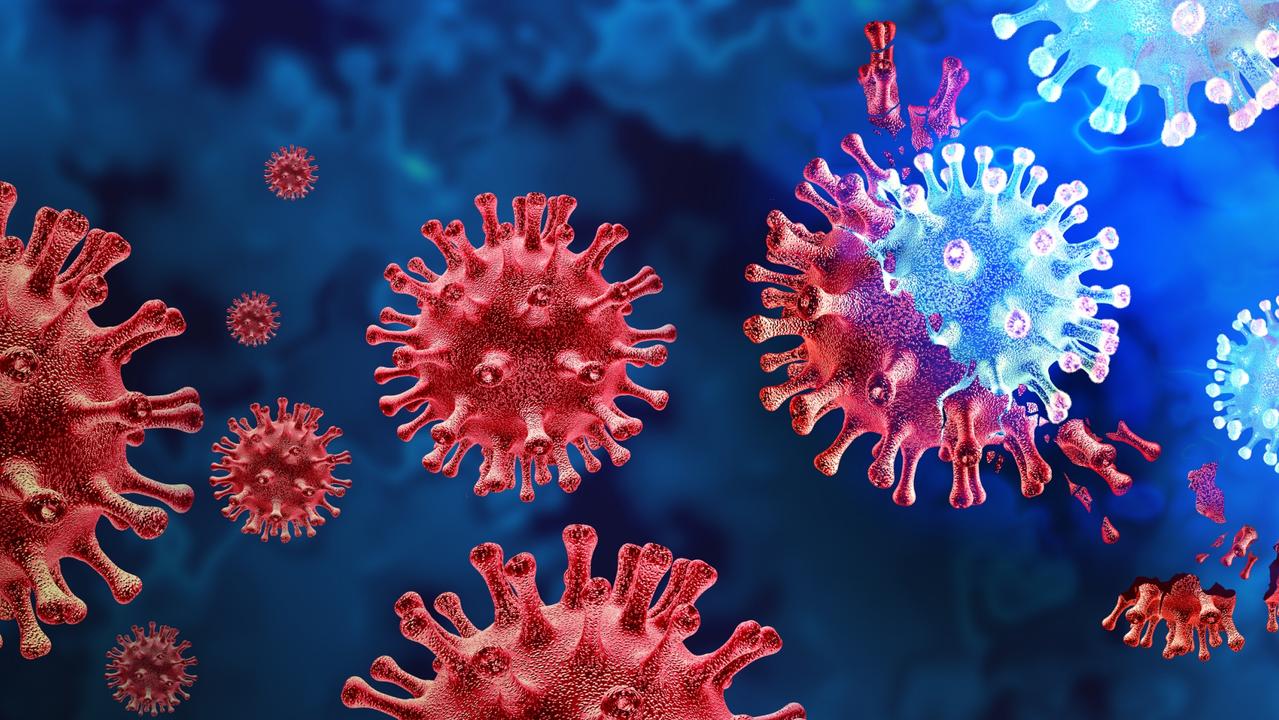Covid patient diagnosed with ‘restless anal syndrome’ in world first
A 77-year-old man with a mild case of Covid-19 has been diagnosed with a horrific condition in what is believed to be a world first.
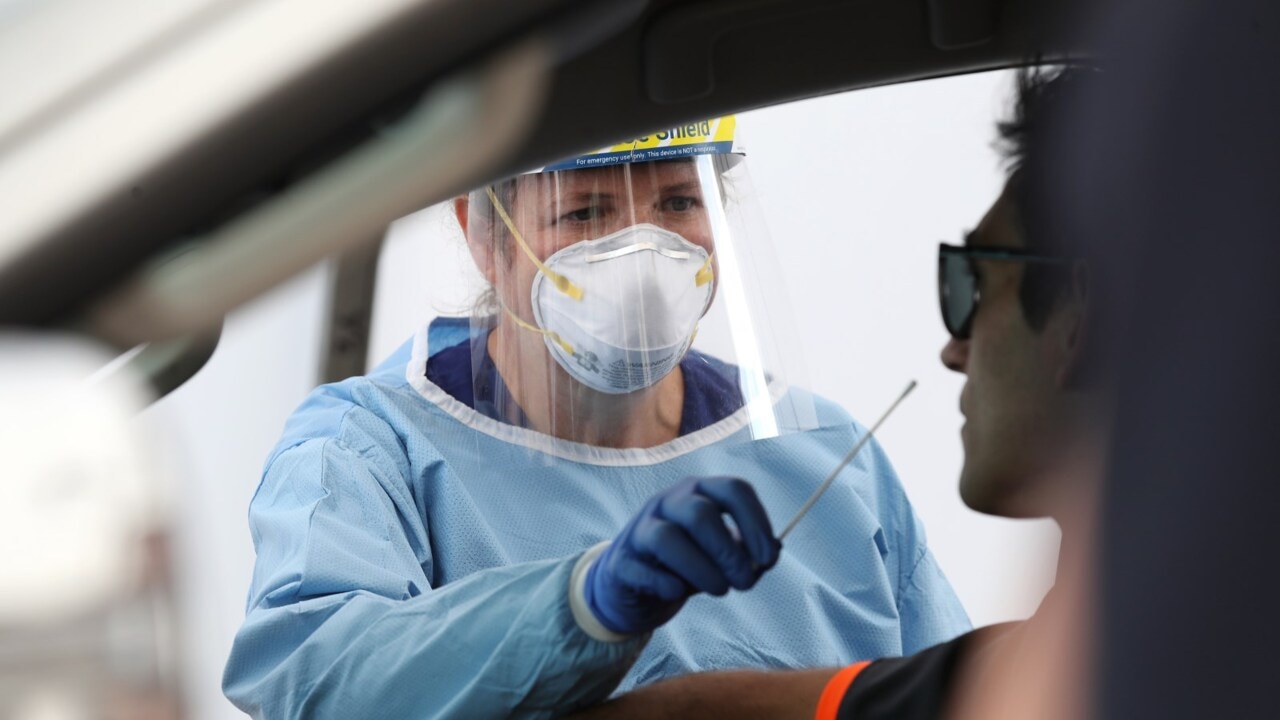
A Covid patient who was hospitalised with a relatively mild form of the illness went on to develop a horrifying condition in what could be a world first.
The case, which was detailed by Dr Itaru Nakamura in BMC Infectious Diseases, involved a 77-year-old man from Japan who was admitted to Tokyo Medical University Hospital after testing positive to the virus.
He responded well to treatment and was discharged after several weeks – but soon developed alarming symptoms.
He began to experience “deep anal discomfort” around 10cm above his perineum, which gave him an “essential urge to move”.
His discomfort was eased by exercise such as walking, running or playing video games that required motion, while sitting still aggravated his symptoms, which also worsened in the evenings.
The unidentified man underwent a colonoscopy, which revealed internal haemorrhoids “without other rectal lesions”.
All others tests revealed no abnormalities and the man had no family history of restless legs syndrome.
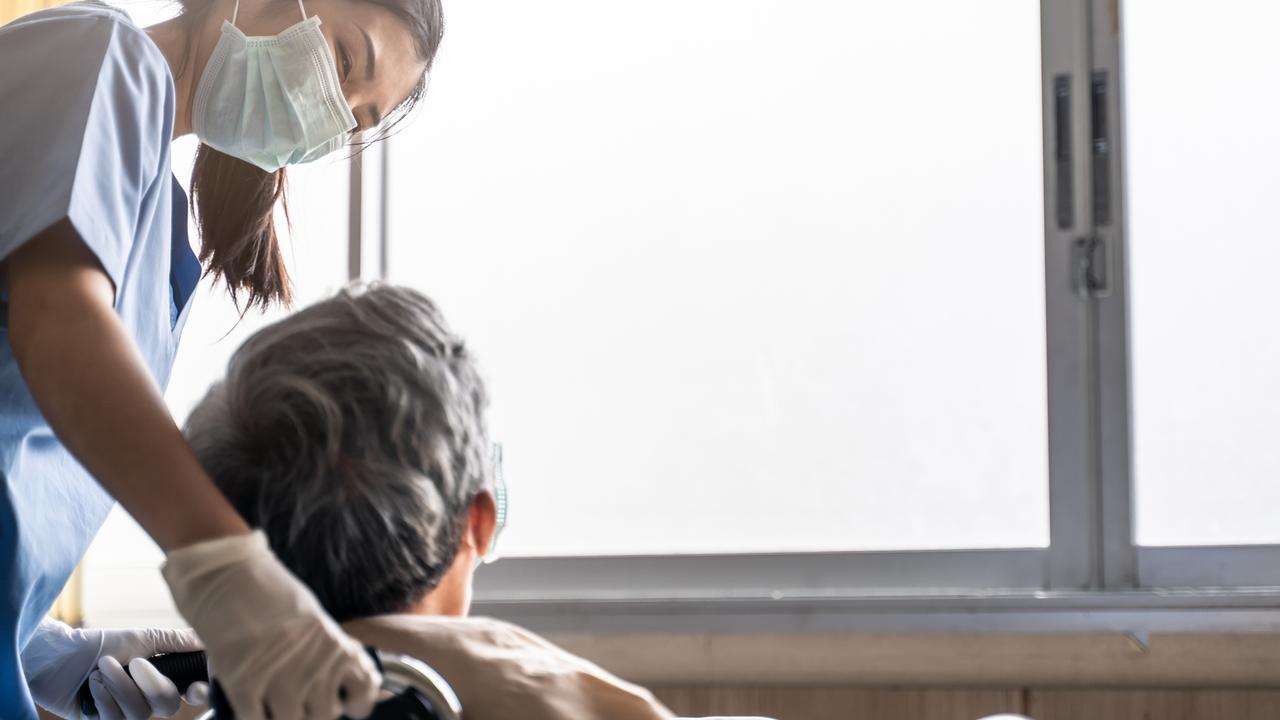
He was treated with Clonazepam at 1.5 mg per day, which relieved his discomfort.
According to the report in BMC Infectious Diseases, there is emerging evidence that Covid-19 can have “neural spread”, which can result in restless legs syndrome.
While medics who treated the man believe restless anal syndrome is a variant of restless legs syndrome, it has not previously been published as being linked to Covid-19, making this case a potential world first.
The report also listed other possible but little-known side effects of Covid-19, due to the fact the virus “may spread to the central nervous system through several potential routes, including haematogenous dissemination and the destruction of the olfactory bulb”.
It states that “reported neuropsychiatric manifestations of Covid-19 have included delirium, confessional states, dysfunctional olfaction and taste sensation, acute psychosis, encephalitis, and acute cerebrovascular events”.
“Peripheral neuropathies” and Guillain-Barre Syndrome associated with Covid-19 have also been rarely reported, according to the report.
“Insomnia, depressed mood, post-traumatic stress disorder, and cognitive impairment have been reported in patients after discharge from the hospital,” it continued.
“Previous reports have suggested that depressive symptoms are associated with systemic immune suppression, based on increased white blood cells and inflammatory factors.
“The onset of neuropsychiatric symptom are reported to occur in most hospitalisation patients during the disease, while time lines of some disorders and cases including Guillain-Barre Syndrome has been broad with para-infections and post-infection after a few weeks from Covid onset.”

